B. Subathra
Explainable Incipient Fault Detection Systems for Photovoltaic Panels
Nov 19, 2020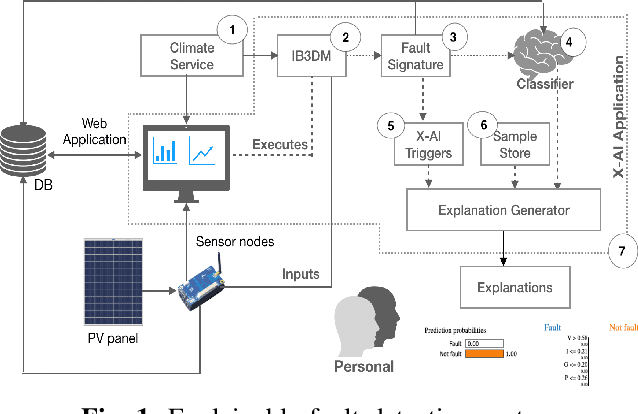
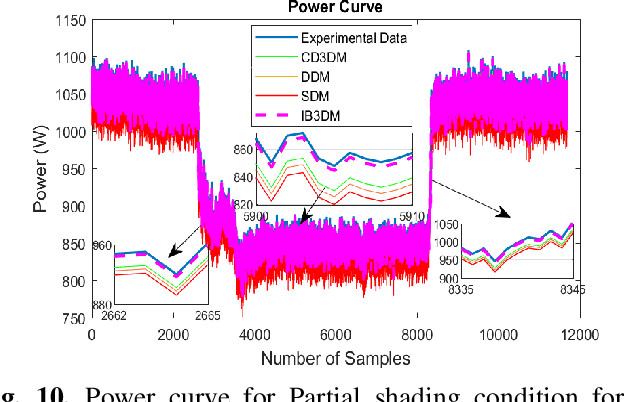


Abstract:This paper presents an eXplainable Fault Detection and Diagnosis System (XFDDS) for incipient faults in PV panels. The XFDDS is a hybrid approach that combines the model-based and data-driven framework. Model-based FDD for PV panels lacks high fidelity models at low irradiance conditions for detecting incipient faults. To overcome this, a novel irradiance based three diode model (IB3DM) is proposed. It is a nine parameter model that provides higher accuracy even at low irradiance conditions, an important aspect for detecting incipient faults from noise. To exploit PV data, extreme gradient boosting (XGBoost) is used due to its ability to detecting incipient faults. Lack of explainability, feature variability for sample instances, and false alarms are challenges with data-driven FDD methods. These shortcomings are overcome by hybridization of XGBoost and IB3DM, and using eXplainable Artificial Intelligence (XAI) techniques. To combine the XGBoost and IB3DM, a fault-signature metric is proposed that helps reducing false alarms and also trigger an explanation on detecting incipient faults. To provide explainability, an eXplainable Artificial Intelligence (XAI) application is developed. It uses the local interpretable model-agnostic explanations (LIME) framework and provides explanations on classifier outputs for data instances. These explanations help field engineers/technicians for performing troubleshooting and maintenance operations. The proposed XFDDS is illustrated using experiments on different PV technologies and our results demonstrate the perceived benefits.
Estimating Random Delays in Modbus Network Using Experiments and General Linear Regression Neural Networks with Genetic Algorithm Smoothing
Sep 21, 2015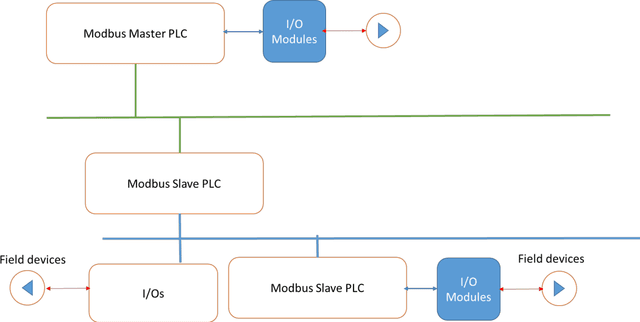
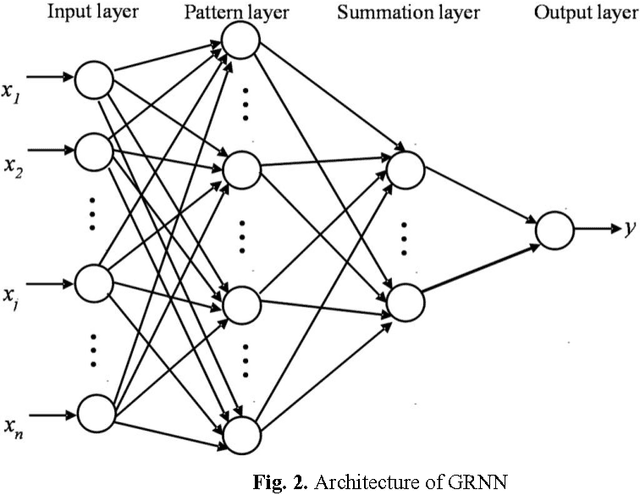
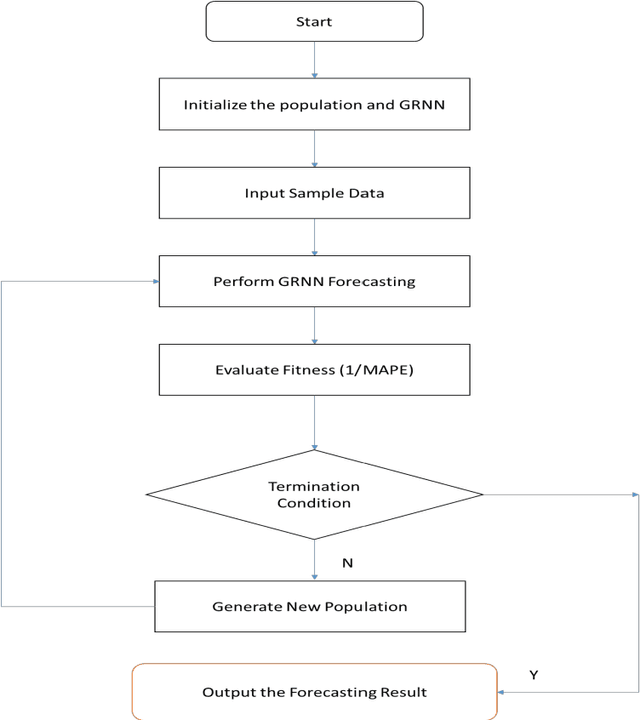
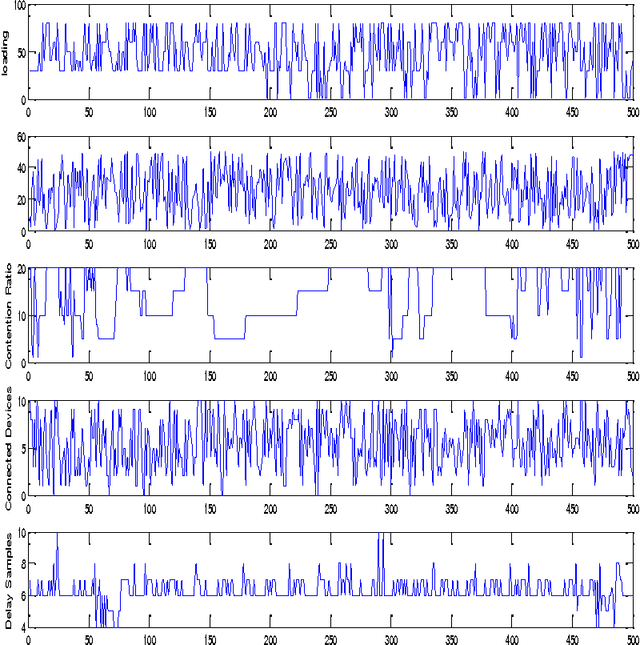
Abstract:Time-varying delays adversely affect the performance of networked control sys-tems (NCS) and in the worst-case can destabilize the entire system. Therefore, modelling network delays is important for designing NCS. However, modelling time-varying delays is challenging because of their dependence on multiple pa-rameters such as length, contention, connected devices, protocol employed, and channel loading. Further, these multiple parameters are inherently random and de-lays vary in a non-linear fashion with respect to time. This makes estimating ran-dom delays challenging. This investigation presents a methodology to model de-lays in NCS using experiments and general regression neural network (GRNN) due to their ability to capture non-linear relationship. To compute the optimal smoothing parameter that computes the best estimates, genetic algorithm is used. The objective of the genetic algorithm is to compute the optimal smoothing pa-rameter that minimizes the mean absolute percentage error (MAPE). Our results illustrate that the resulting GRNN is able to predict the delays with less than 3% error. The proposed delay model gives a framework to design compensation schemes for NCS subjected to time-varying delays.
 Add to Chrome
Add to Chrome Add to Firefox
Add to Firefox Add to Edge
Add to Edge